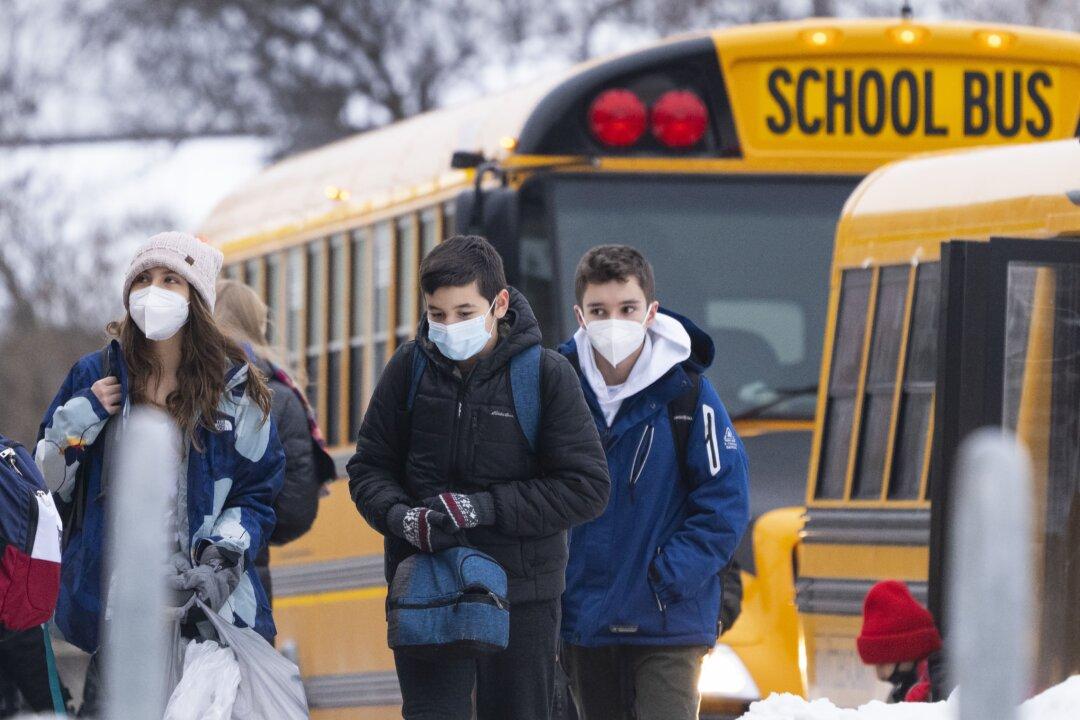Pandemic lockdowns had a negative impact on Canadian children’s mental and physical health that continues to linger, according to expert testimony at a parliamentary committee on Sept. 29.
“Canada’s children and youth have borne the brunt,” said Bruce Squires, president of McMaster Children’s Hospital of Hamilton, at an appearance before the Standing Committee on Health, which was studying children’s health.





